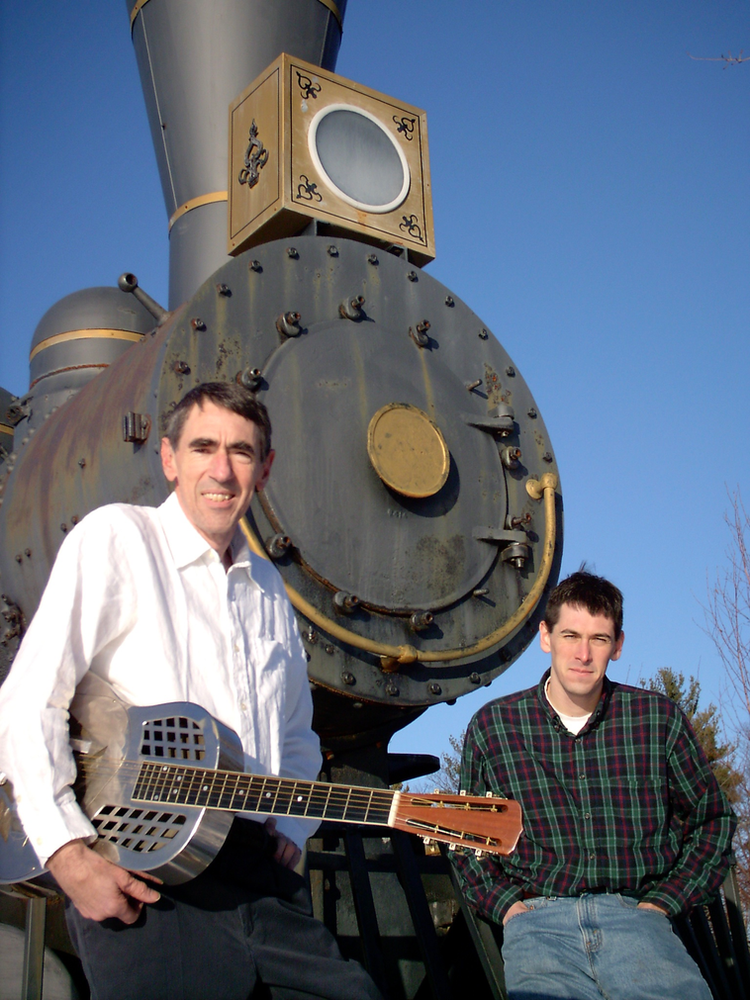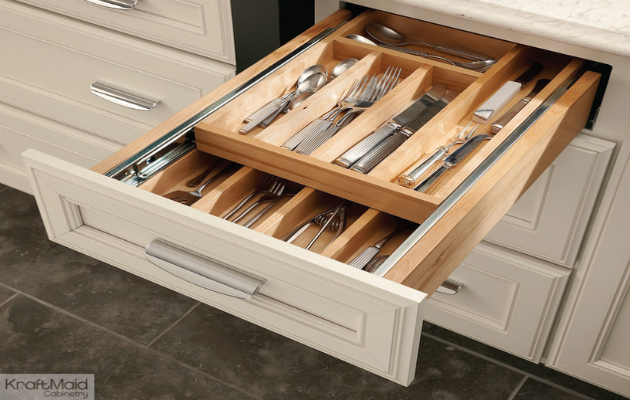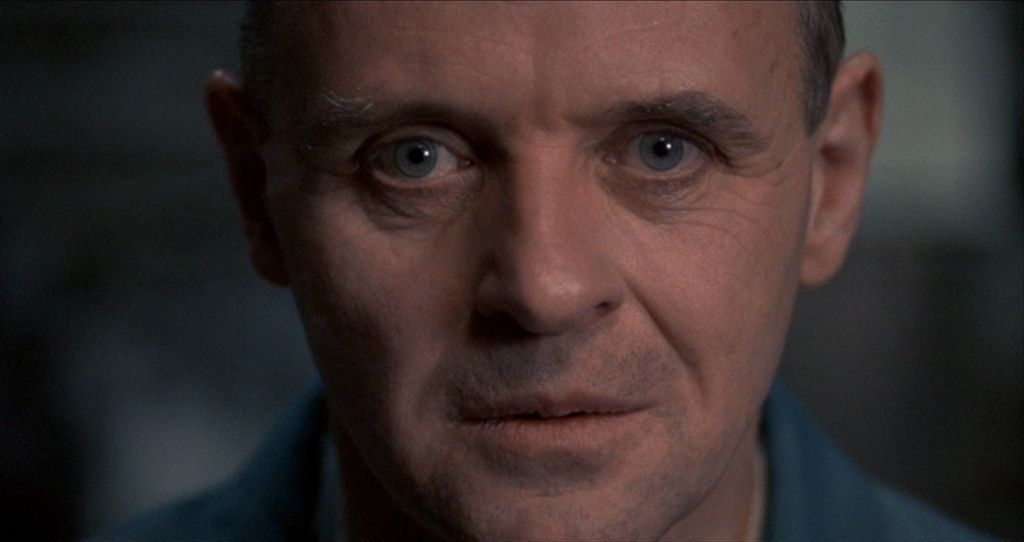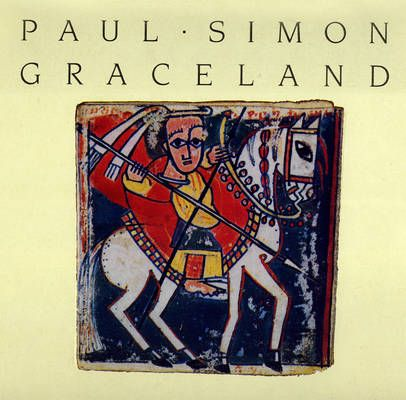All In The Family: Why I Do What I Do

My father has a thing for guitars and banjos. Like abnormally so. At last count, he had well over a hundred hard-shell cases taking up space in the attic, his home office, the living room, and honestly pretty much every other room in the house. Any remaining space at home seems to be occupied by uninstalled doors and fireplaces, which for some inexplicable reason he also collects. It drives my mother absolutely crazy.
He seems to have unlimited energy, and his mind is always going a mile-per-minute. Throughout his life, he has worked about three full-time jobs at a time. (He recently “semi-retired,” cutting down to the equivalent of one full-time job.) He personally built our house from the ground up, adding rooms left and right, sometimes entire wings. My mother (she really is a saint) has given the rooms creative names such as “The Giraffe Room,” “The Omni,” and “The Purgatory”. The last one was so named because it hasn’t been finished, nor will it likely ever be. My father is great at starting projects, but less great at finishing them.
Bipolar disorder runs heavily in my family, and though he doesn’t meet the “classic” bipolar criteria, it doesn’t take a Sigmund Freud to guess he’s got an undiagnosed, chronically hypomanic bipolar version. He’s actually written several books on bipolar disorder.
Oh, and he’s a psychiatrist. I guess that was a round-about way of getting to that point, but the preamble seemed relevant to me for some reason. He loves what he does and – being articulate and persuasive with words – managed to talk my best friend growing up into becoming a psychiatrist as well.
My (bipolar) aunt once said, “Dave, you make your bipolar work for you.”
My father isn’t the only psychiatrist in the family. His own father and uncle were psychiatrists, one brother a psychiatrist, and the other a therapist. His lone sister escaped our “family gift and family curse” to become an artist. His daughter, my sister, is also a psychiatrist.
Genetically, it would seem I was doomed from the beginning. And, despite all my efforts in medical school to beat the odds and become an emergency room doc, I finally gave in. I realized that rejecting a career that seemed such a good fit for me just for the sake of being different wasn’t a good enough reason. That’s what a psychiatrist would say, anyway. At least I became a child psychiatrist, a novelty in the family, and maybe that counts for something.
Psychiatry is a really a great career, as long as you can get past that pause in the conversation when you tell people what you do for a living. It’s sort of like telling people you work on septic systems or raise llamas. It’s a pause of equal parts horror and fascination.
Once they regain their words, their most common response is: “Wow, I could never do that.”
I forget that not everyone likes working with teens, or even likes teens in general. I think it’s great. I can be my normal, slightly hyperactive, inattentive self. I can rock back in my chair, make jokes, laugh, and goof around with kids. I can talk about music or sports or the latest Warzone loadout with them. I can even swear. Kids do their best to keep me current with the latest kid slang, though even so I always seem to be lagging about 10 years behind. Heck, I even get paid to play the occasional frisbee or foosball game. Life is good!
But most of all, maybe because of my inner teenager, I identify and sympathize with these kids. I see them struggle with the trials and tribulations of adolescence when school is a prison, parents are tyrants, breakups are catastrophes, and the world is a big scary place. It is a great challenge to get them to accept even a tiny bit of perspective from me, someone who has made it to the other side, someone who has made it to adulthood. And any parent can tell you this is no easy task, as kids generally aren’t interested in and / or can’t hear and / or don’t want to hear what adults have to say about anything. This challenge requires first gaining their interest, then their trust, and then their respect as a sympathetic, non-judgmental adult figure. It’s doable in almost every case. This challenge – even more so than the frisbee and foosball – is my favorite part of the job.
So being a child psychiatrist suits me on many levels. I feel lucky to be one of those people who doesn’t dread going to work or coming home from vacations.
I can hear my aunt in my head saying: “Dunc, you make your inner teenager work for you.”
People sometimes ask me if being a child psychiatrist makes you a better parent. It’s a good question, and I’m not sure of the answer. I think it does help in that you get to see so many struggling kids that you tend panic less when your children act out or otherwise hit bumps in the road. I’ve been asked for reassurance by many friends and family about their own children, and my usual conclusion is that they are suffering from a normal variant of adolescence. I have to say, though, it sure is different when it is your own kid. One of my favorite mentors when I was in residency – one of those guys who you think was just a master at what he did – admitted that he had to stop practicing psychiatry entirely for the period that his daughter was a teenager.
I’m not sure if the three-generation psychiatry Gill-line ends with me, but I hope not. Given half a chance, I’m sure my father can talk at least one of my kids into going into the family business….





